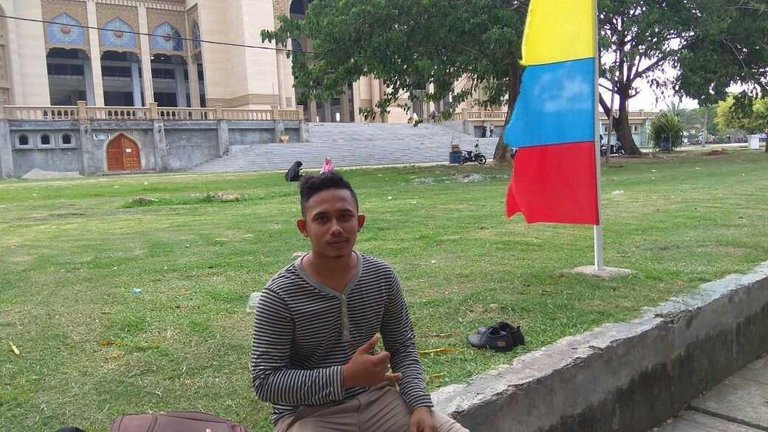Wednesday, May 16, 2018

Sayful Dhe Luiz, Slovenian Muslim.
"Slovenian Muslims have a strong desire to be an active part of society, but we are still very often regarded as strangers," said Faila Pasic Bisic, a Slovenian Muslim.
The border region between the two powers, wherever, often holds a dark memory. It has been argued that Slovenia's collective memory inherited the historical trauma of the Ottoman invasions.
The growing classical stereotype considers Islam a 'other' and dangerous religion. In addition, the ethnic cleansing of Bosnian Muslims in the early 1990s was firmly in the minds of the Slovenian people. These historical ghosts helped shape their perspective.
"Intolerance arose because of the collective memory of the Slovenian people over the Turkish attacks in the 15th and 16th centuries. Many poems and novels taught in elementary schools recalled the memories.This does not mean the Slovenian curriculum did deliberately, but that is part of our history," Dr Anja Zalta, a professor of sociology and religion at the University of Ljubljana.
With the stereotype, the struggle of the Muslim community is not easy. Muslims are free to perform religious rituals in the prayer rooms, but they do not have a single mosque. The demand for the existence of a mosque first came in 1969. However, it has evolved into a political issue that has prompted wide-ranging public debate.
The Muslim community in the country that proclaimed independence in 1991 took 44 years to convince the government of the importance of a mosque. In fact, Sreco Dragos through the article "Kam vodi zakon o verski svobodi" in Porocilo skupine za spremljanje nestrpnosti st (2006), calculated at least there should be 125 mosques in Slovenia to provide comparable ratio after comparing with the number of Catholic churches.
In the early 2000s, the people of Slovenia still put up resistance to the process of spreading Islam. The country's first mosque building opposition is widespread. In 2004, city council member Michael Jorc collected more than 11 thousand signatures to oppose the mosque. He argued, "In medieval times, our ancestors were attacked by Muslim armies, they are doing bad things here."
Fresh breeze greeted as the political developments pascapemilu 2011. Former businessman Zoran Jankovic, an atheist who rose to the mayor, for the first time ensuring Slovenian Muslims will have a mosque. September 2013, Slovenian Prime Minister Alenka Bratusek put the first stone of mosque construction. Although, Muslims still have to be patient to celebrate the holidays and wearing the hijab.